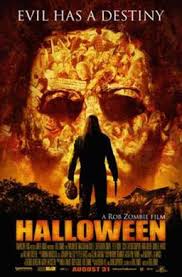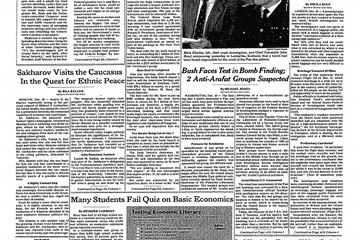The Growing Significance of Halloween in the UK

Introduction
Halloween, celebrated on 31st October, holds immense cultural significance in the United Kingdom. Initially rooted in ancient Celtic traditions, the festival has transformed over the years into a vibrant celebration characterised by costumes, parties, and trick-or-treating. As society evolves, the ways in which Halloween is celebrated in the UK continue to shift, influencing both local customs and commercial activities.
History and Evolution of Halloween
Halloween’s origins can be traced back to the ancient Celtic festival of Samhain, where it was believed that the boundary between the living world and the dead was blurred. As Christianity spread, this pagan festival was supplanted by All Hallows’ Eve. Today’s Halloween features elements from both pagan traditions and modern festivities.
Current Trends in Halloween Celebrations
In recent years, Halloween has seen a surge in popularity across the UK, with both adults and children embracing the festive spirit. According to the National Retail Federation, UK spending on Halloween is expected to reach £500 million this year alone, with households purchasing decorations, costumes, and sweets. Established traditions such as pumpkin carving and spooky-themed parties are complemented by new trends like haunted walks and immersive Halloween experiences that appeal to a diverse audience.
The Role of Social Media and Marketing
The rise of social media has significantly influenced Halloween celebrations, with platforms like Instagram and TikTok encouraging creativity in costume design and home decorations. Various companies have also capitalised on this trend, launching marketing campaigns that resonate with the festive mood. From viral challenges featuring Halloween-themed recipes to costume contests, social media serves as a beacon for innovation in Halloween culture.
Conclusion
Halloween in the UK continues to grow, reflecting changes in society and culture. As families and communities thrive on celebrating Halloween, its significance is further magnified by economic impacts and the omnipresence of social media. With evolving traditions and more people getting involved each year, Halloween remains a crucial aspect of Britain’s annual festivities, for both children and adults alike. Looking forward, the continuation of this trend suggests that Halloween will further embed itself within the cultural landscape of the UK.









